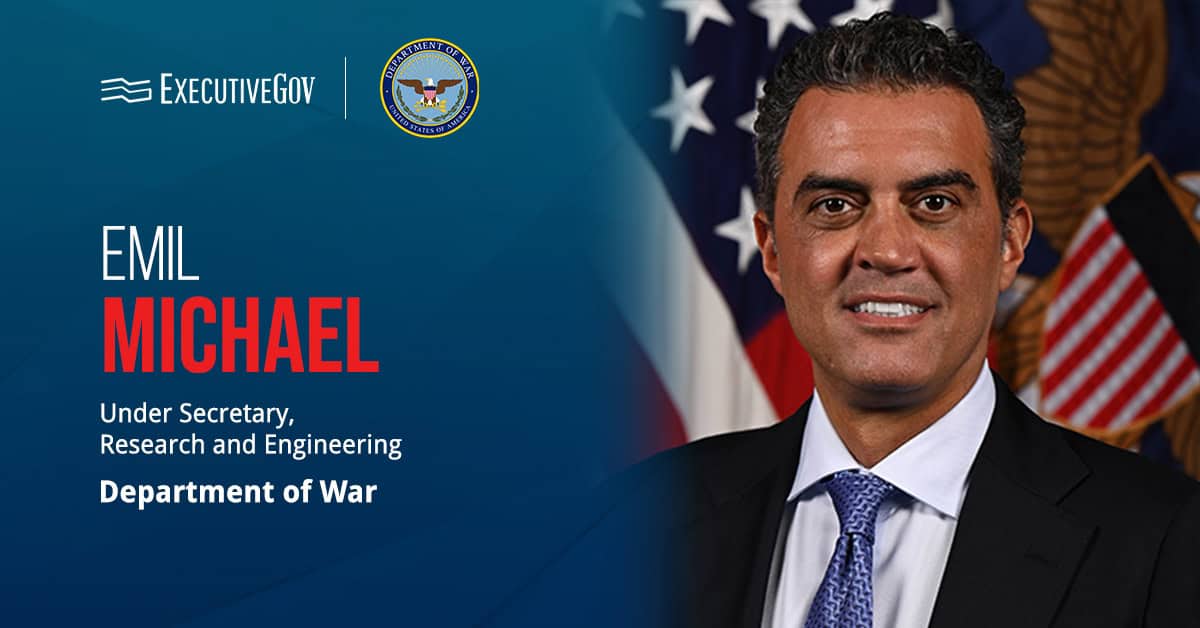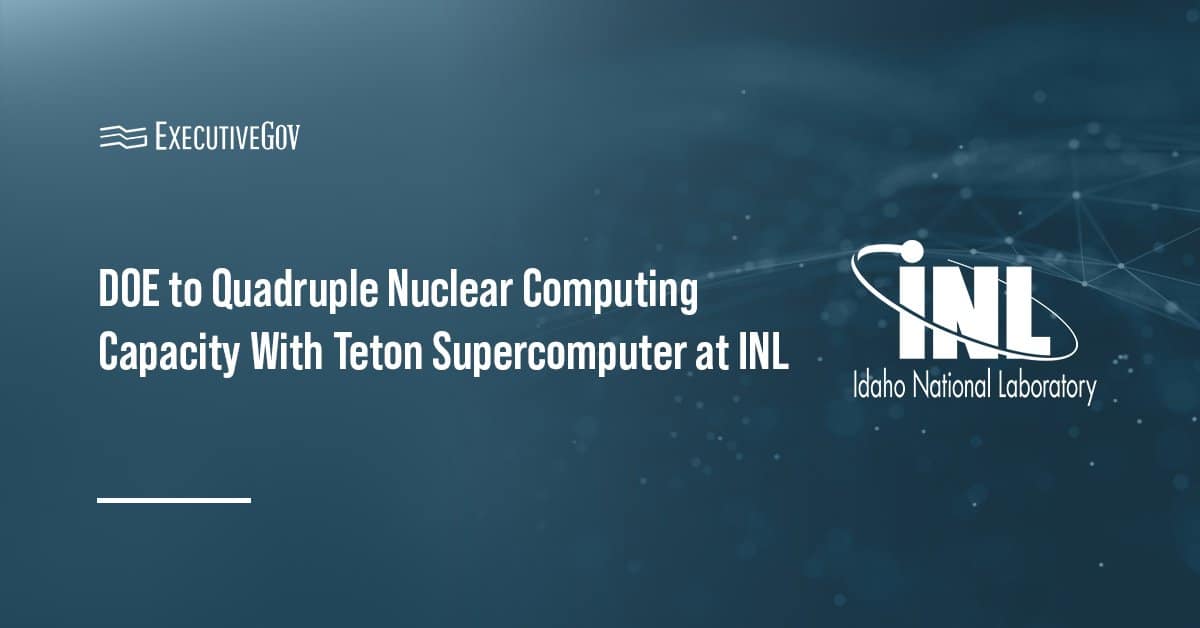The Air Force Research Laboratory’s Information Directorate has entered into an agreement with the Naval Research Laboratory and naval warfare centers to facilitate information exchange on quantum computing.
AFRL will provide Navy scientists and engineers access to commercial quantum systems to explore a range of applications, including quantum simulation, quantum machine learning, classical simulation and crypto analysis, the Navy said Tuesday.
As part of the partnership, NRL established a Naval Quantum Computing Program Office to manage access to IBM’s Quantum Hub processor.
The program office is jointly managed by NRL with Naval Information Warfare Center Pacific and other quantum subject matter experts from the 14 naval warfare centers.
“This collaboration will help ensure our warfighters have the tools they need for mission success,” said Rear Adm. Lorin Selby, chief of naval research.





